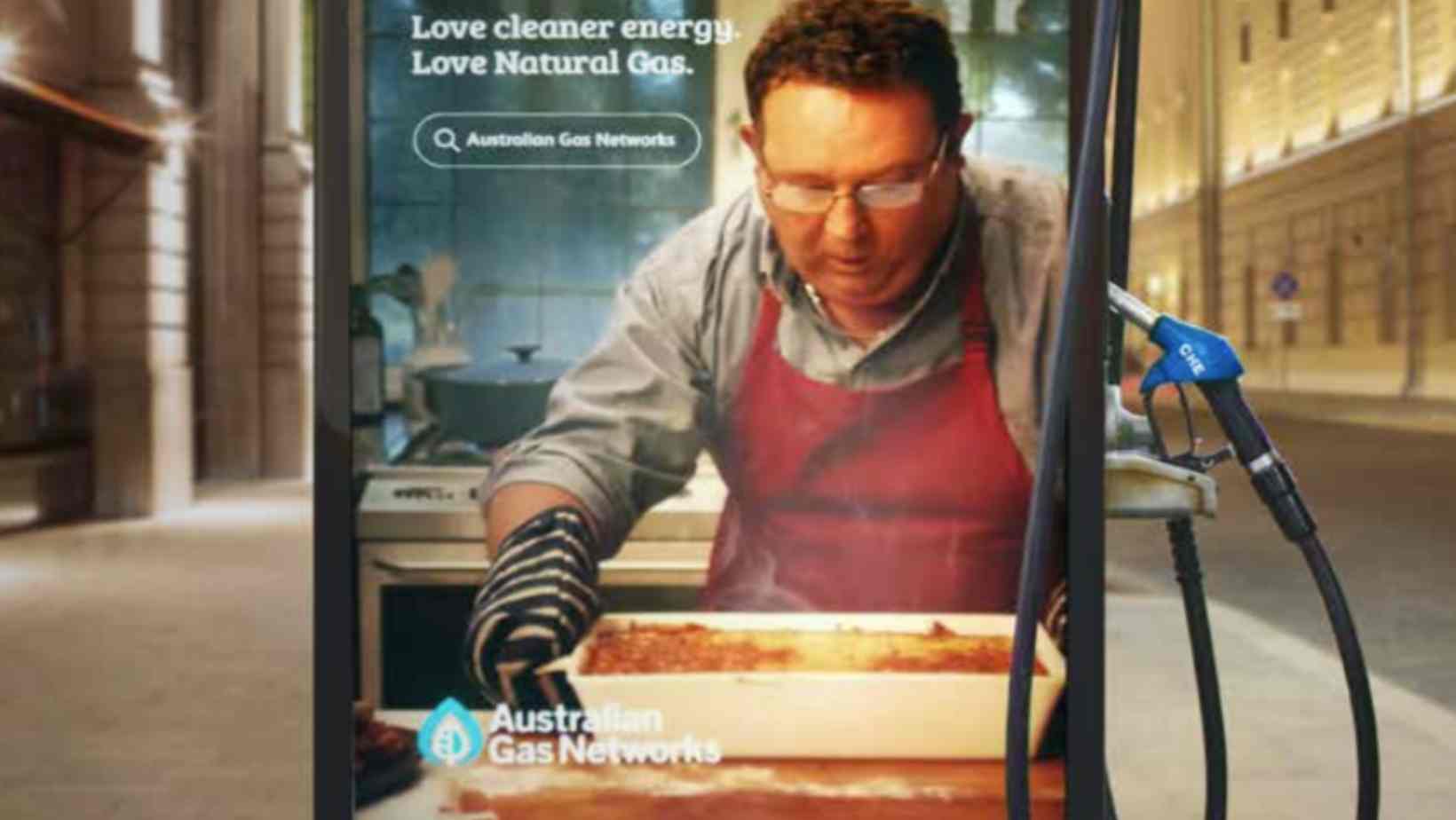The 250,000-strong Australian creative sector is protecting our biggest polluters and hindering climate action
The growth of the advertising sector is now outpacing the economy overall, being fuelled by ad spend, which is expected to grow 9% in 2021 and online advertising, which is forecasted to grow by 5.5%
Comms Declare, an organisation on a mission to generate positive climate action from the advertising, creative and communication sector has conducted a first ever research report examining how Australian advertising and media agencies are hindering climate action and protecting our biggest fossil fuel polluters.
Marketing and advertising industries are aiding and abetting the corporations that are creating the climate emergency. These communications sectors have a long history of helping fossil fuel corporations deny, yet simultaneously facilitate global warming, and actively promoting a new way of messaging through ‘discourses of delay’ by redirecting responsibility and pushing magical technological solutions, while talking up the supposed costs of phasing out fossil fuels. Case in point, a full-service agency, Che Proximity works with clients that are responsible for 9% of Australia’s yearly emissions.
The Fuelling Fantasties report, (conducted by independent researchers The Navigators in 2020 and 2021) surveyed 200 agencies uncovering their stance and action of climate positive practises and policies, and also their exposures to fossil fuel sector work. It shows, management and boards of some of our biggest media companies are falling short when it comes to planning for a warmer future, reporting carbon pollution or disclosing fossil fuel exposures.
In this upcoming critical decade for climate action, and as financial and reputational pressure mounts on large greenhouse gas polluters, the professional services who support them, will also face greater risks. The report outlines economic risks to advertising and marketing budgets, as they are often the first to be cut when the economy takes a dive. In addition, companies that do not adequately report against sustainability measures will find it increasingly difficult to obtain investment. These are increasingly critical shaping factors for the Australian advertising and media sector in the coming years, factors the sector appears to not be ready for.
Key findings from this report identified that none of the agencies surveyed (0%) know the carbon exposure level of their high polluting clients they work for, and 61% are unaware of their own business’ carbon footprint (i.e. emissions created from their work). While most agencies have sustainable procurement practices,less than half (43%) have formal emissions reduction policies. Also what is interesting is 73% of these companies want to meet net zero emissions in their operations, and 78% think climate action is important to attract employees.
The survey also looked at different attitudes and approaches to climate action and fossil fuel sector work between creative agencies and media agencies. 68% of media agencies disagree that commercial pressure makes it difficult to take a stronger position on climate action. Yet only one in five (21%) media agencies are against the industry working for fossil fuels, (44% for creative agencies). Just slightly over a third (38%) of media agencies take the climate into consideration when choosing clients (56% of creative agencies), and a third of both media and advertising agencies (33%) have worked with fossil fuel companies in the last 12 months.
In addition to the survey of agencies, an online survey was completed in late 2021 by 221 people aged under 30 in the communications industry. Overall, the report shows a stunning disconnect in the sector on intent on climate action, and then the reality of both policy, measurement and acceptance of working for high-polluting fossil fuel companies.
Belinda Noble, President and Founder said that “in light of the lukewarm approach taken by the government on climate change, we have an opportunity to take charge, persuade and become accountable for the advertising, communications and marketing industries’ pivotal role”.
“The divestment movement, which campaigns investors to move funds out of fossil fuel projects, is 10 years old, and has succeeded in removing more than $US 15 trillion from fossil fuel investments”.
“In the creative industries, talent is the main currency. In recognition of this, Comms Declare is asking agencies and creatives to divest their talents from fossil fuels. In addition, we want to influence clients to treat their advertising or marketing or media agency like any other company in their supply chain, and demand that their operations and clients engage in activity that will keep the planet within 1.5 degrees warming,” Noble said.
Comms Declare has grown to more than 320 members, including more than 80 businesses, all who have declared they will not support any activities, organisations or individuals that promote the growth of fossil fuels, high greenhouse gas pollution as ‘business as usual’ and deception, distraction or spin around science or climate actions. The organisation wants to get the ball rolling in garnering additional support and getting the word out there that everyone is responsible for the world that we live in.





